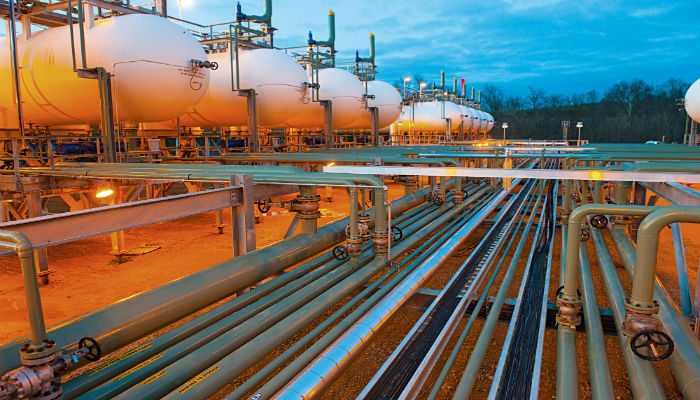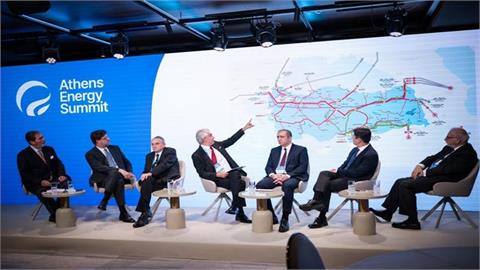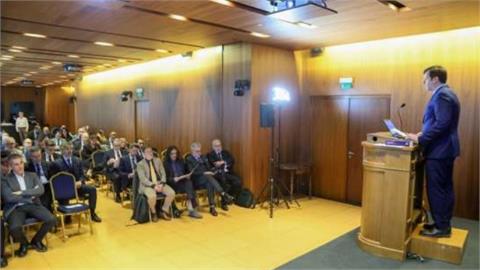Europe’s energy security remains a key concern despite the progress the region has made in weaning itself off Russia’s gas imports. Throughout 2022 and 2023, European countries have significantly increased their reliance on alternative energy sources, reducing their dependence on Russian natural gas and swiftly replenishing their gas storage levels
Europe’s energy security remains a key concern despite the progress the region has made in weaning itself off Russia’s gas imports. Throughout 2022 and 2023, European countries have significantly increased their reliance on alternative energy sources, reducing their dependence on Russian natural gas and swiftly replenishing their gas storage levels.
At the same time, the relatively mild weather last winter meant demand for fossil fuels remained low, helping with the energy transition efforts in many countries. Also, the timely filling of underground gas storage facilities last summer has helped ensure adequate stock levels. However, pressing questions remain on whether all these preparations will be sufficient to face the coming months and the next years. Will Europe be able to tackle the potential challenges that the energy market could pose in 2024 and beyond? In view of fears that Europe could run out of gas in 2022 after Russia cut gas exports following the start of the Ukraine conflict, its energy position has been looking much more stable. Norway has partly replaced Russia as the largest gas supplier, while a combination of mild winter temperatures, lower energy prices and the boost of liquified natural gas (LNG) imports from international suppliers, including the US, ensured Europe survived the past winter and could plan ahead.
By and large, this year the EU is better prepared — but now a second war also threatens to roil its energy markets. The conflict between Israel and Hamas threatens to disrupt Europe’s relationships with the Middle East, or even draw Iran into direct confrontation with Israel and its Western partners. While markets are relatively calm for now, either of those scenarios could cause chaos. Nevertheless, Europe is “equipped to face oil and diesel global market tightness,” Energy Commissioner Kadri Simson recently told. Officials have learned lessons from Russia’s war on Ukraine, and are working to build “a good understanding of all our vulnerabilities to best address them and how we can be prepared for any incidents or emergencies”.
IENE’s Monthly Analysis of November 2023, which is available here, attempts to shed light on energy security in (SE) Europe and highlight the vital role Greece can play as a regional energy hub over the next years amid a geopolitically fragmented world, where two wars are now in progress, posing important issues of security of energy supply.
As we are approaching the end of the year, the market outlook for the upcoming winter season in the EU looks positive. The steps taken to diversify gas imports, expand LNG regassification capacity and deploy renewable energy put the EU in a much better position to navigate shocks in the gas market than in 2021 and last year. However, maintaining current gas demand reduction remains critical. Governments should stand ready to act if there are reversals in consumption trends (and policies that increase gas demand, such as subsidies, should be avoided).
Europe’s energy security during the winter also hinges on the integrity of its pipeline and LNG infrastructure. Sabotage or disruptions could have severe consequences. It is hence crucial to maintain a high level of alertness and security to safeguard these critical supply routes. Lastly, the impact of soaring gas and electricity prices on various industries calls for a careful and considered response to the accelerated energy transition, as currently being pursued by the EU.




